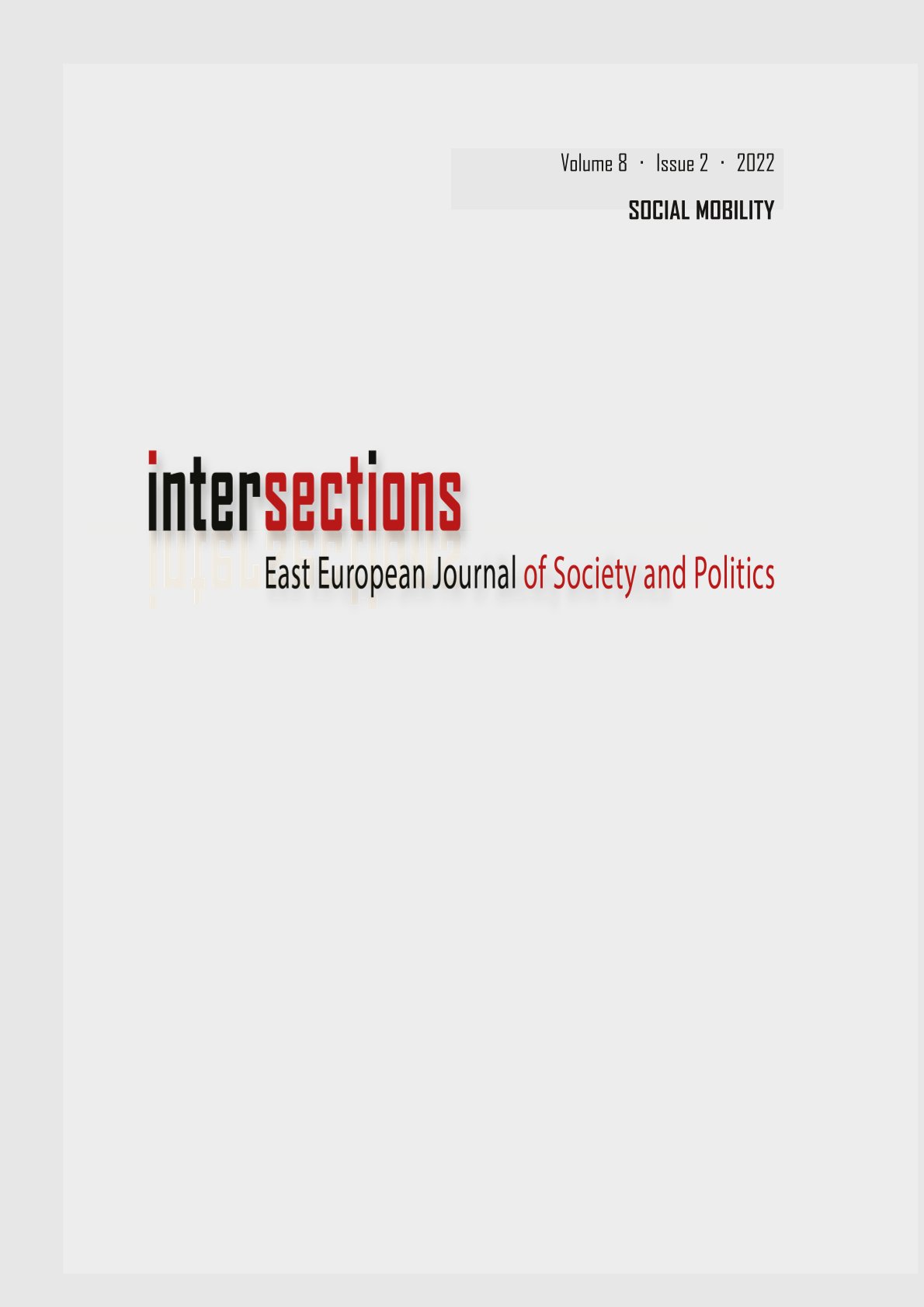Support for reducing inequality in the new Russia
Support for reducing inequality in the new Russia
Does social mobility matter?
Author(s): Svetlana Mareeva, Ekaterina Slobodenyuk, Vasiliy AnikinSubject(s): Social differentiation, Family and social welfare
Published by: MTA Társadalomtudományi Kutatóközpont Kisebbsegkutató Intézet
Keywords: social mobility; income inequality; inequality perceptions; POUM hypothesis; Russia
Summary/Abstract: This paper addresses the issue of the interrelation between different types of social mobility and support for reducing income inequality in contemporary Russia. Drawing from the Russian subsets of the International Social Survey Programme’s (ISSP) surveys, we estimate how this support is differentiated across experienced and expected subjective mobility. Official statistics and empirical survey data widely confirm that the large-scale socioeconomic changes that took place in Russia during the 2000s brought an increase in living standards for most population groups and a more-than-twofold reduction in poverty. However, according to the ISSP data, demand for the government to reduce income differences is at its highest level since 1992. More than 90 per cent of Russians unequivocally perceive income gaps in the country as too high (the same as in the late 1990s) and unfair. We test the effects of actual and expected mobility, showing that, in contrast to the literature, including earlier studies on Russia, past mobility and expected medium-term mobility do not have any significant effect on levels of support for reducing income differences, and only the effect of short-term expectations can be seen. We argue that the effect of social mobility in Russia is limited by a widespread consensus across the population that preexisting inequalities in Russia are too high and unfair – a viewpoint based mostly not on the specifics of individual situations, including experienced or expected mobility, but on shared subjective norms and beliefs about inequality and their contrast with existing reality.
Journal: Intersections. East European Journal of Society and Politics
- Issue Year: 8/2022
- Issue No: 2
- Page Range: 175-196
- Page Count: 22
- Language: English

